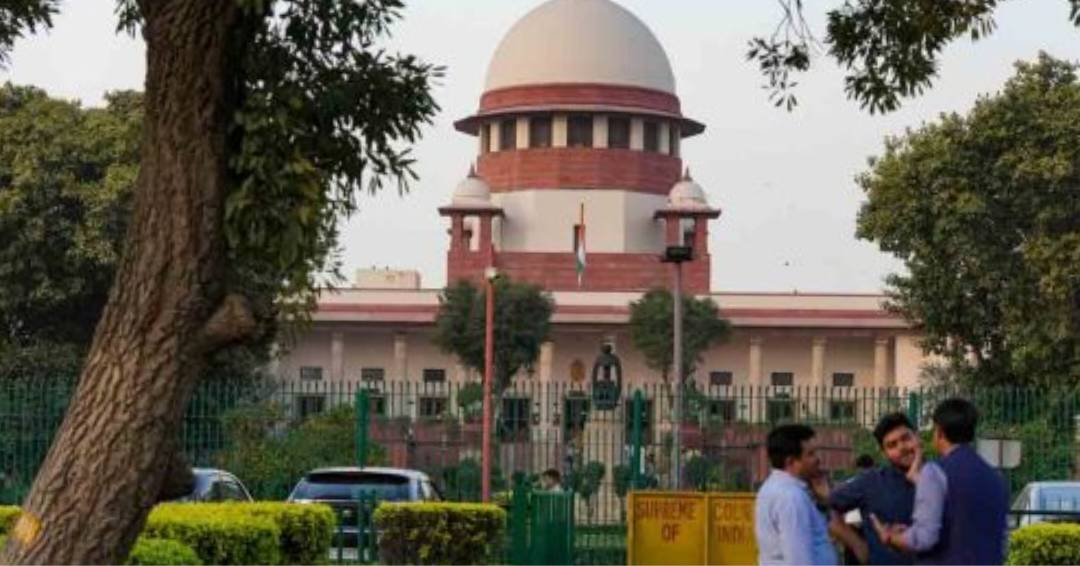
On Wednesday, the Supreme Court of India affirmed that Indian laws permit an individual to adopt a child, irrespective of marital status. The Court stated that the law recognizes that there may be situations apart from an “ideal family” having its own biological children. The National Commission for Protection of Child Rights (NCPCR) submitted to the apex court, which is hearing pleas seeking legal validation for same-sex marriages, that the welfare of a child is paramount. NCPCR argued that the concept of gender may be fluid but not mother and motherhood. “The welfare of children is paramount. The entire architecture of our laws to protect the interest and the welfare of children who are naturally born to heterosexual persons and the State is justified in treating heterosexual and homosexuals differently,” said Additional Solicitor General Aishwaraya Bhati, appearing for NCPCR and others. The five-judge Constitution bench headed by Chief Justice D Y Chandrachud observed that our laws recognize that individuals can adopt for a variety of reasons, including those in single-sex relationships, even if they are capable of biological birth.
The bench further added, “Even a single individual can adopt a child. There is no compulsion of having biological birth.” The hearing on a batch of petitions seeking legal validation for same-sex marriage is continuing on the ninth day before the bench. On Tuesday, the top court said that the concept of marriage has evolved and must accept the basic proposition that marriage itself is entitled to constitutional protection as it is not just a matter of statutory recognition. Senior advocate Kapil Sibal, appearing for the Jamiat-Ulama-i-Hind’, a body of Islamic scholars, told the bench that it was a dangerous proposition of the petitioners that the top court should make a declaration about legal validation for same-sex marriage as Parliament is not likely to do anything about it. “I am afraid that is a very dangerous proposition. It was said at the outset that we (petitioners) don’t expect Parliament to move forward, don’t expect Parliament to pass such a law and therefore, your lordships should do it. I say that is a very dangerous route to take,” Sibal had said.

Post Your Comments